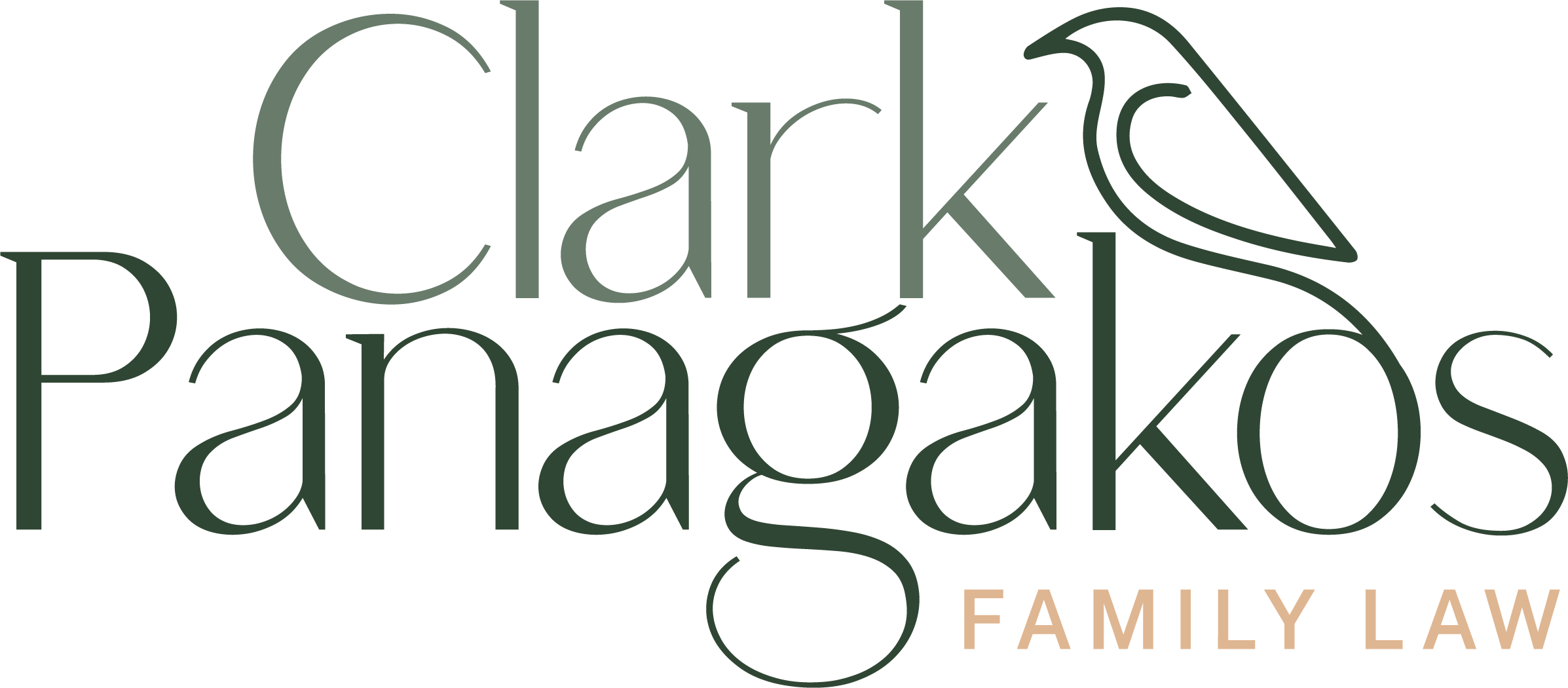There is little value in instructing the best lawyer for your case if you do not get the best out of them – your lawyer is only as good as the instructions they receive. To ensure the best outcome for your family law or divorce matter it is essential to establish effective communication and collaboration with your legal advisor.
Before anything else, selecting the right lawyer for your specific case is paramount. Engaging a lawyer who works exclusively in Family/Divorce law will set you on the right path to ensuring that they have experience and expertise in that area. A lawyer who understands your needs and has a track record of success in similar cases will greatly contribute to a positive outcome.
When giving instructions it is imperative that you ensure your lawyer clearly understands your objectives. Begin by clearly articulating your goals and expectations to your lawyer. Discuss what you hope to achieve and any concerns you may have. This will provide your lawyer with a comprehensive understanding of your situation, enabling them to devise an appropriate legal approach. There is no “one size fits all” approach to family law as every family is different and every case needs to be tailored to that family.
Ensuring you feel able to have open and honest communication with your lawyer is crucial. You will be working with someone to assist you with what most people feel are the most important aspects of their life – their children and their property. Share all relevant information, even if you think it might be insignificant. Lawyers rely on accurate details to build a strong case and provide appropriate advice. Complete transparency ensures that your lawyer can effectively assess the situation and provide informed guidance. If there are matters you feel embarrassed to share, remember, experienced practitioners hear intimate, dark, private, or embarrassing stories routinely and the consequences of not sharing the information may mean that the advice you receive is compromised.
It is important that any documentation that supports your case or which your lawyer says is relevant is provided in a timely fashion. Ideally organising the documents in a logical manner will make it easier for your lawyer to access the information they need. This saves time and will also save costs. Being able to support your version of the facts with documentation can be the difference between winning or losing an argument about a topic, or the case overall.
Do feel free to ask questions about the legal process, potential outcomes, and any concerns you might have. A good lawyer will be patient and willing to explain complex legal concepts in a way that you can understand. This empowers you to make well-informed decisions. Remember it is your case and you need to fully understand what your options are and what the future conduct of your matter will be.
It is not just important to discuss the facts of the matter but also to carefully collaborate with your lawyer about the process that is best for your case. Discuss possible approaches, and their pros and cons, timelines, and potential obstacles. Your input can be invaluable in shaping the legal strategy and aligning it with your objectives. An experienced lawyer will have many tools in their toolbox.
While your input is essential, remember that you hired a lawyer for their expertise. Be open to their advice and recommendations, even if they differ from your initial ideas. Remember you may be running a case only once in a lifetime and your lawyer is running cases every day. An experienced lawyer will offer insights that stem from years of legal experience.
Legal matters can evolve quickly, so it is vitally important to stay updated on your case’s progress. Respond promptly to your lawyer’s requests for information or actions. This proactive approach helps maintain the momentum of your case. Do not forget to update your contact details if they change while your case is open so that your lawyer always has a means of being able to reach you.
Sometimes the approach initially chosen for your matter may need to be re-evaluated as the case proceeds. Family law matters can take on a life of their own and adjustments to the way the case is conducted may need to be made as developments arise.

